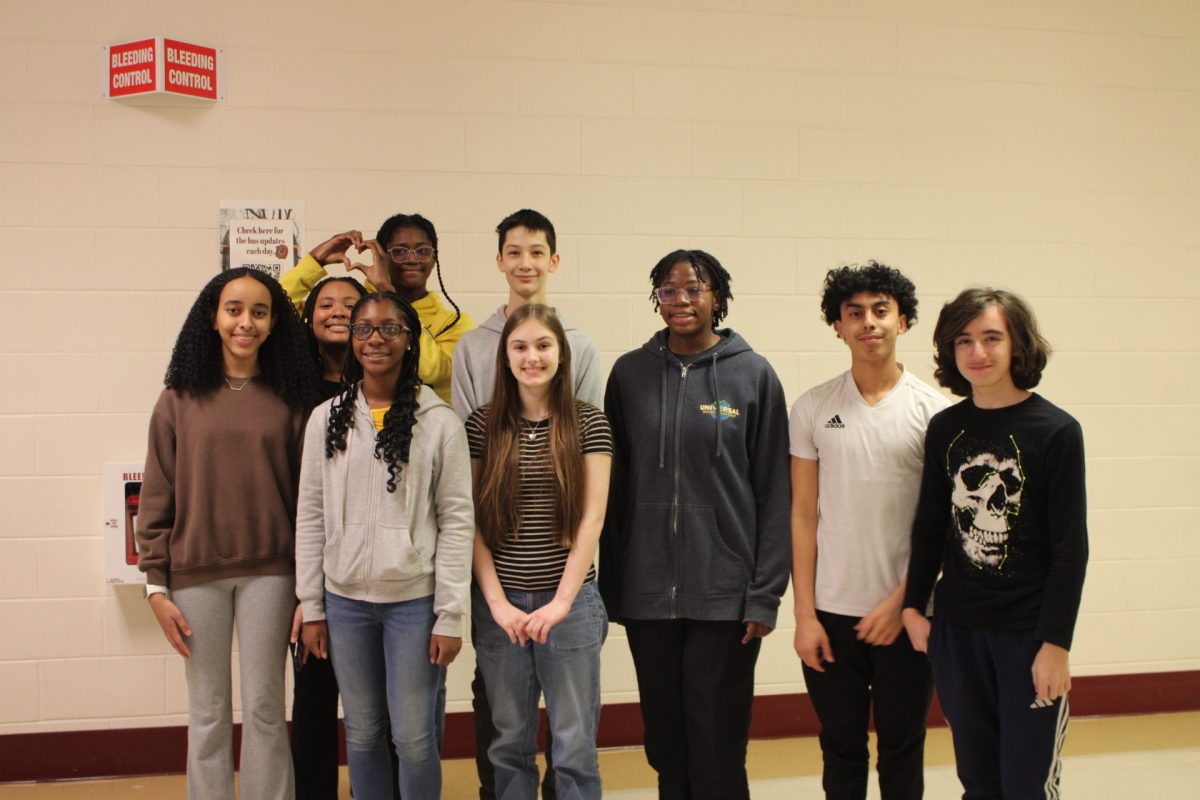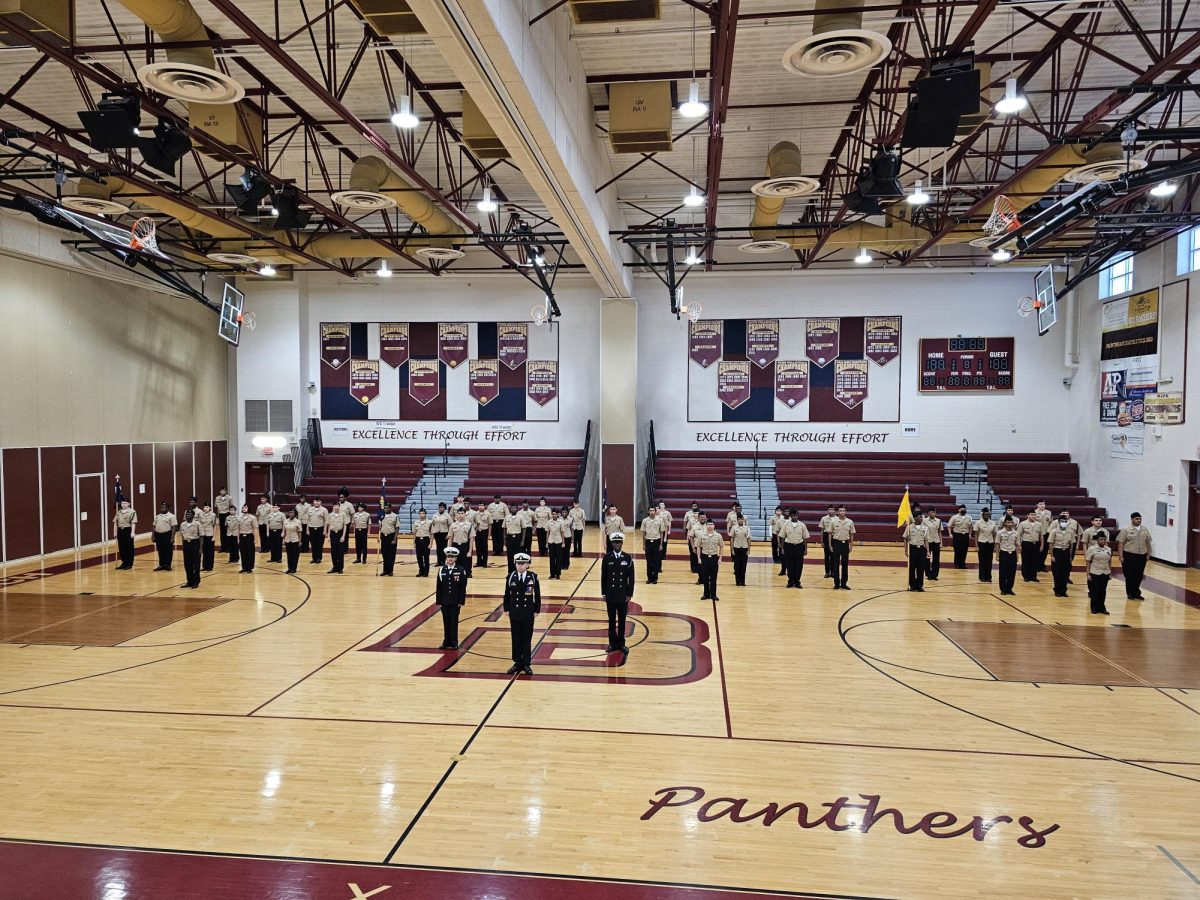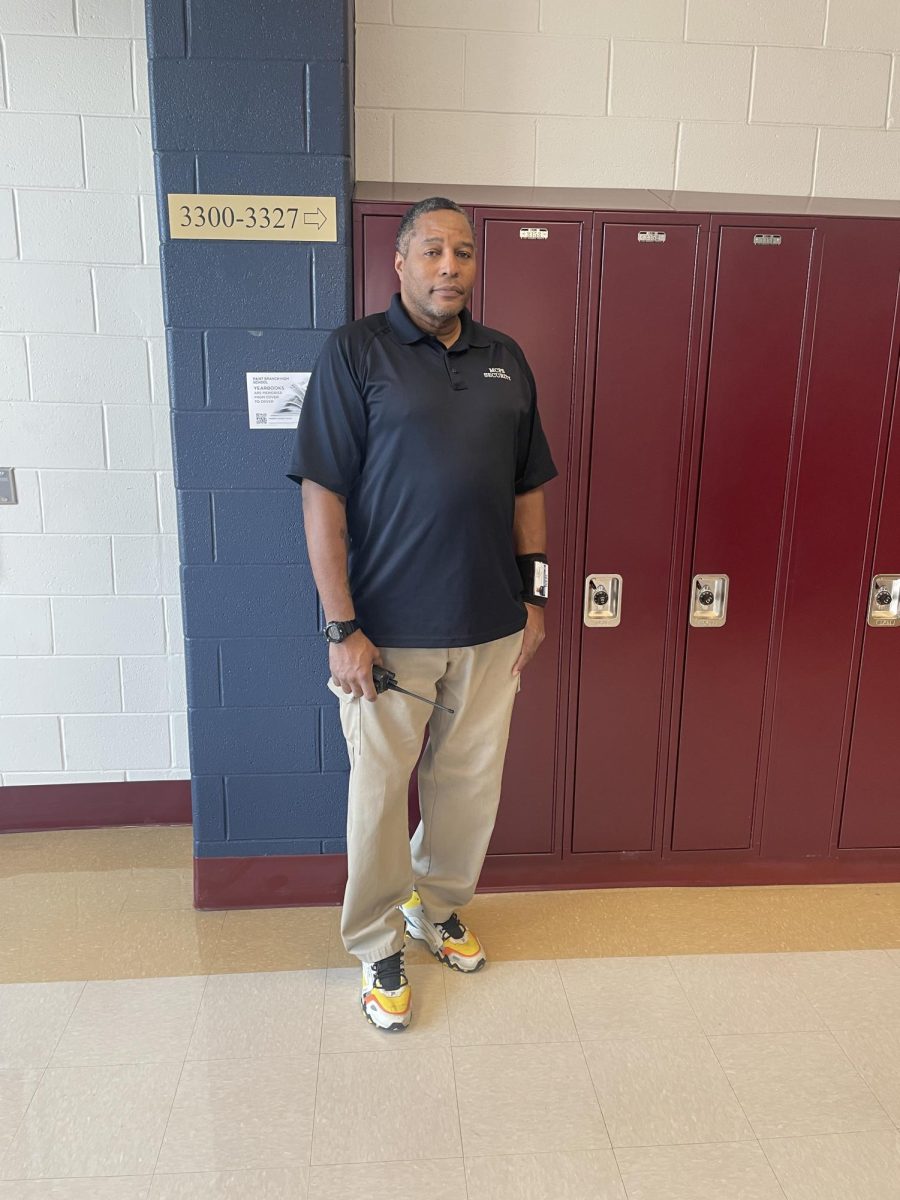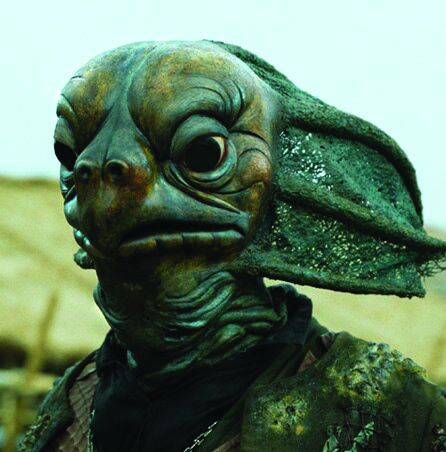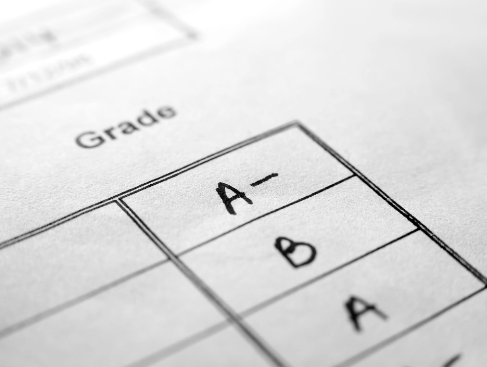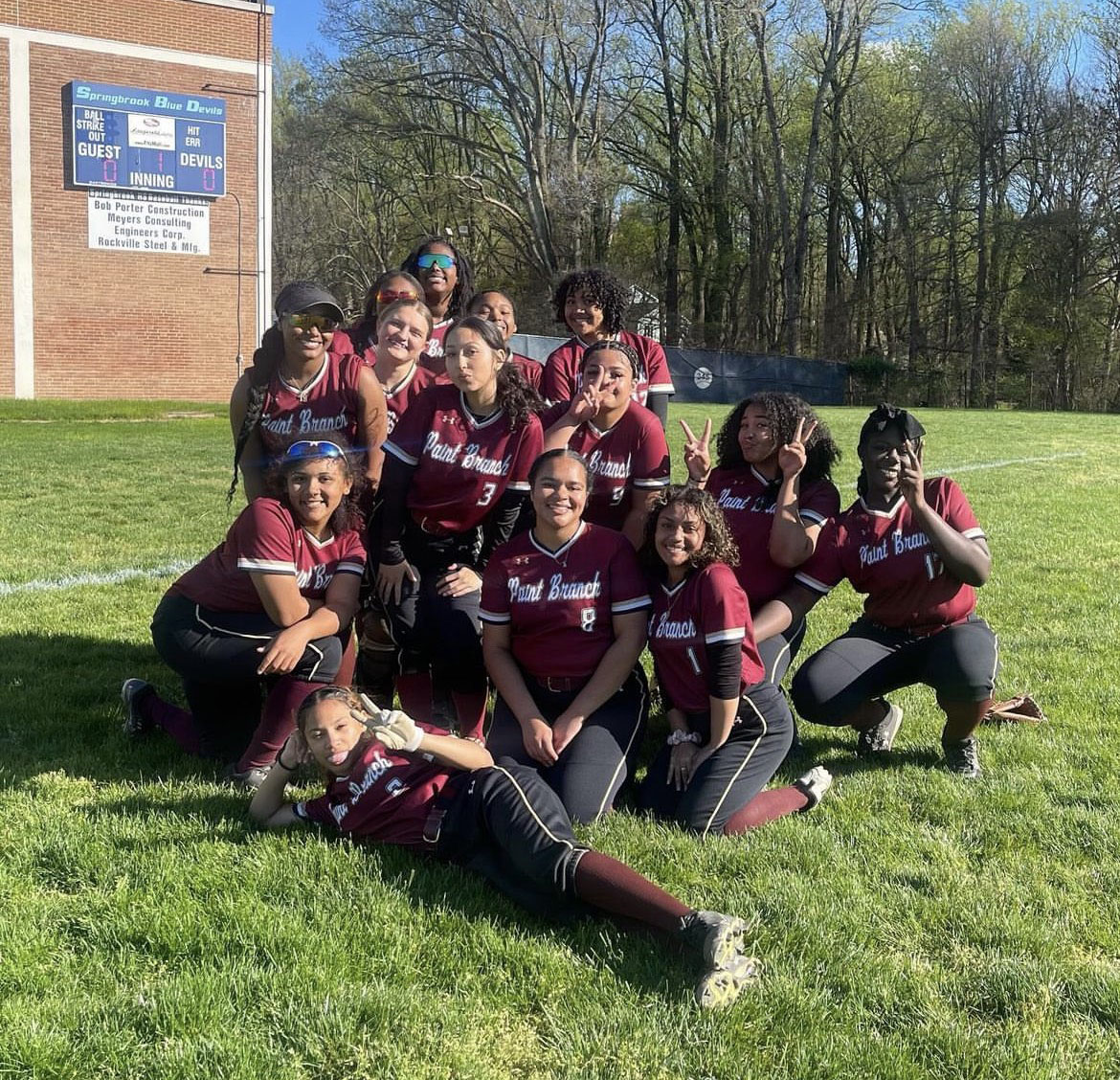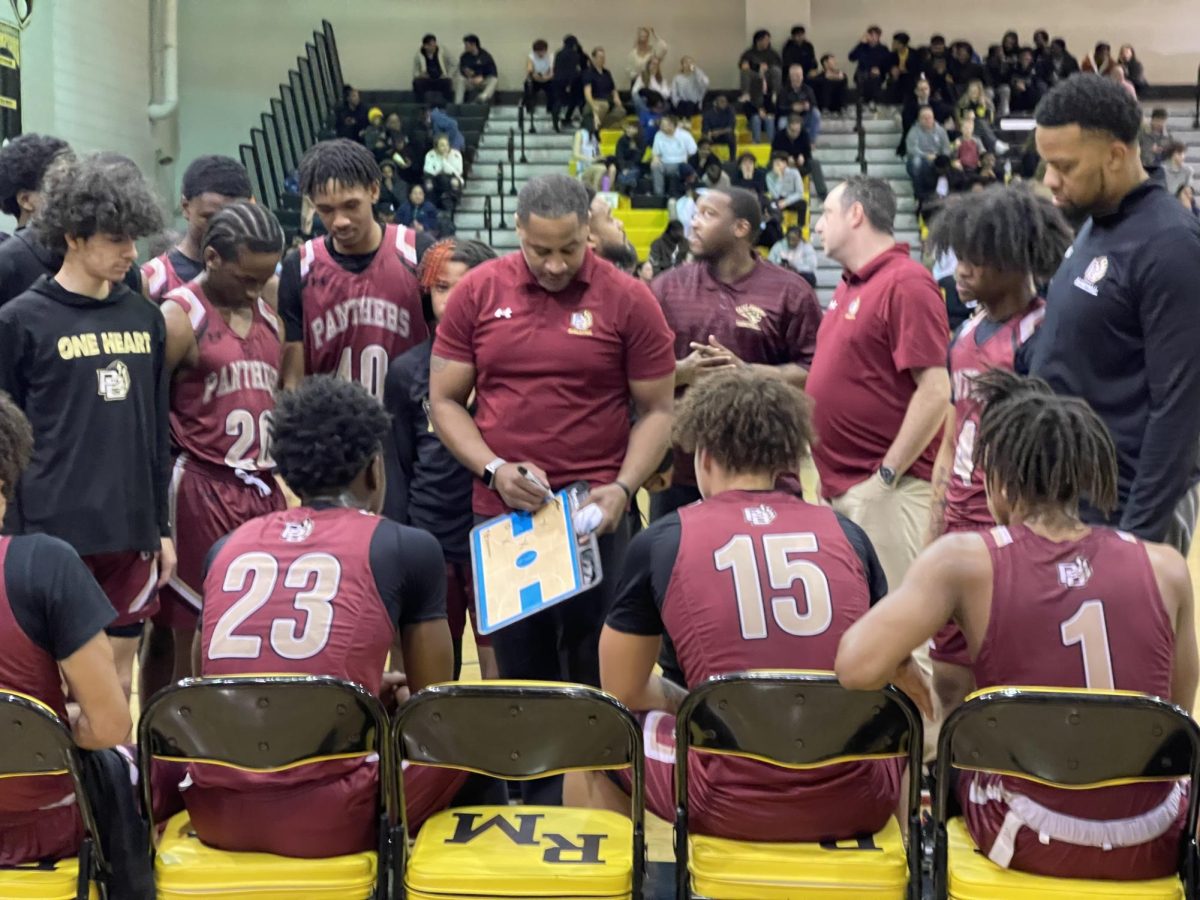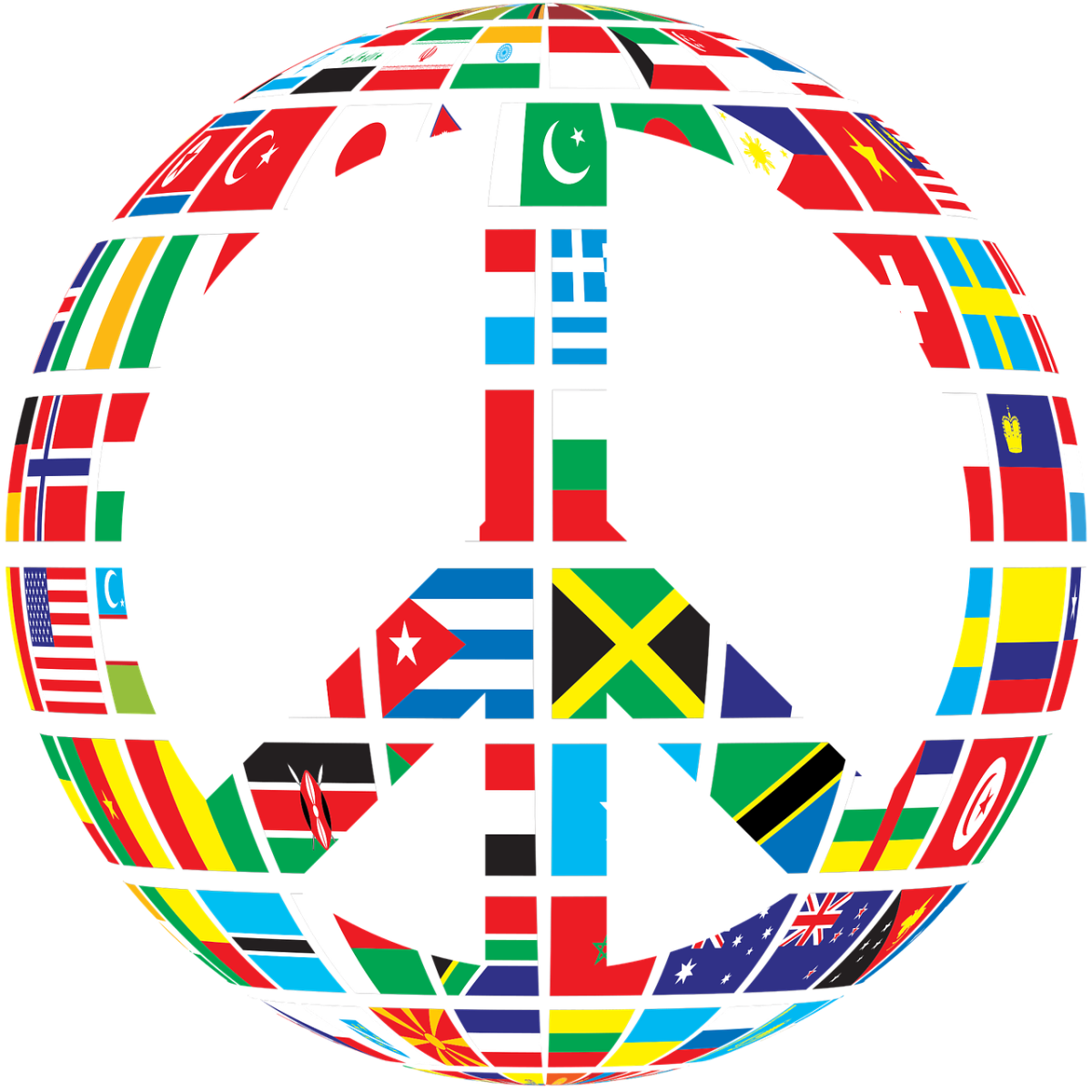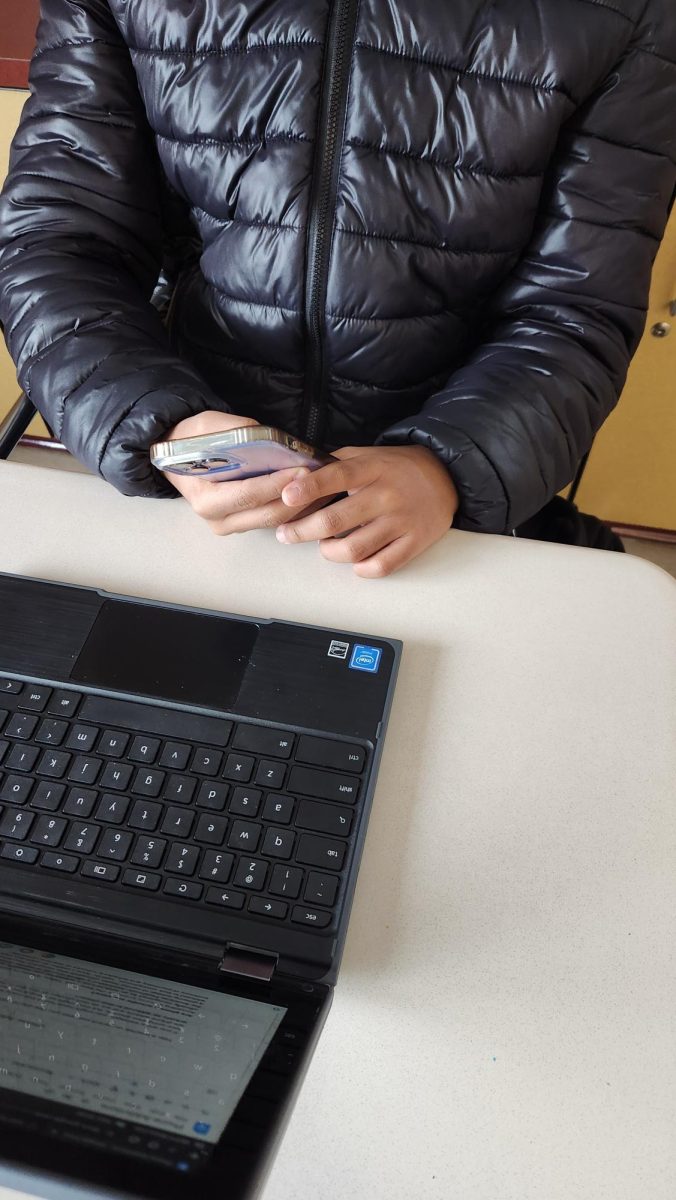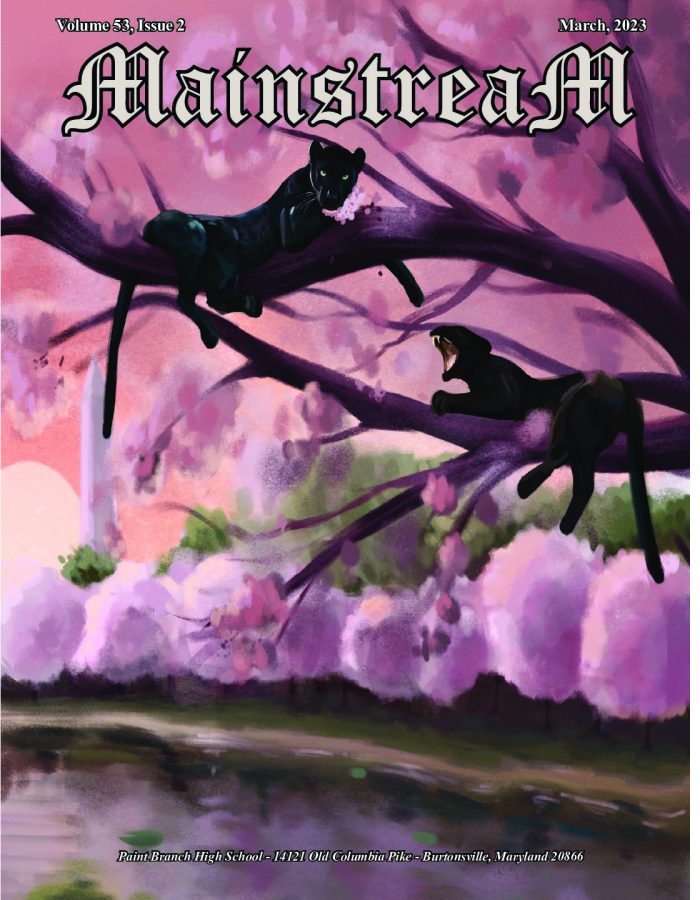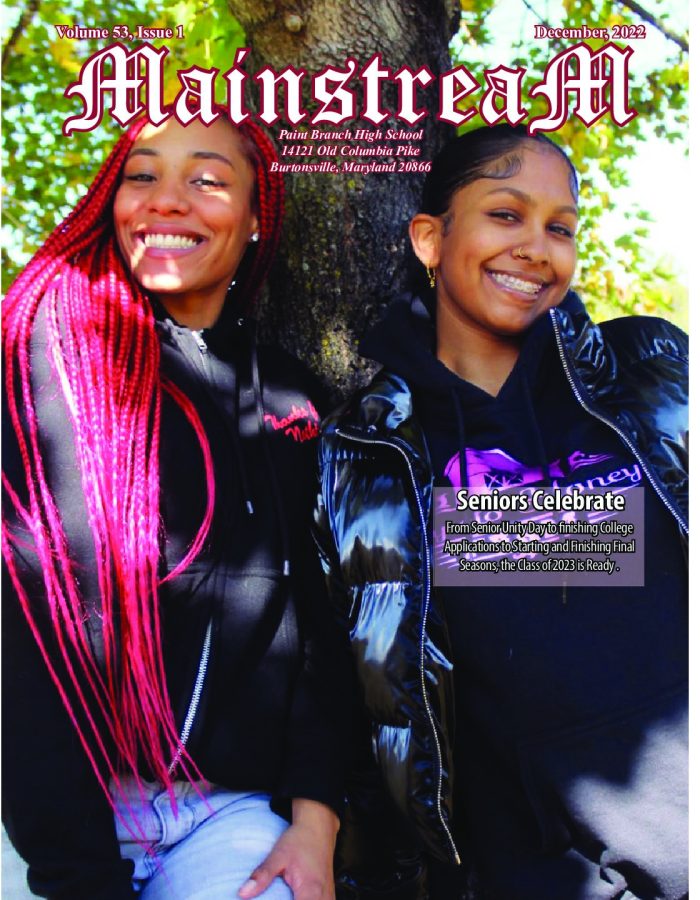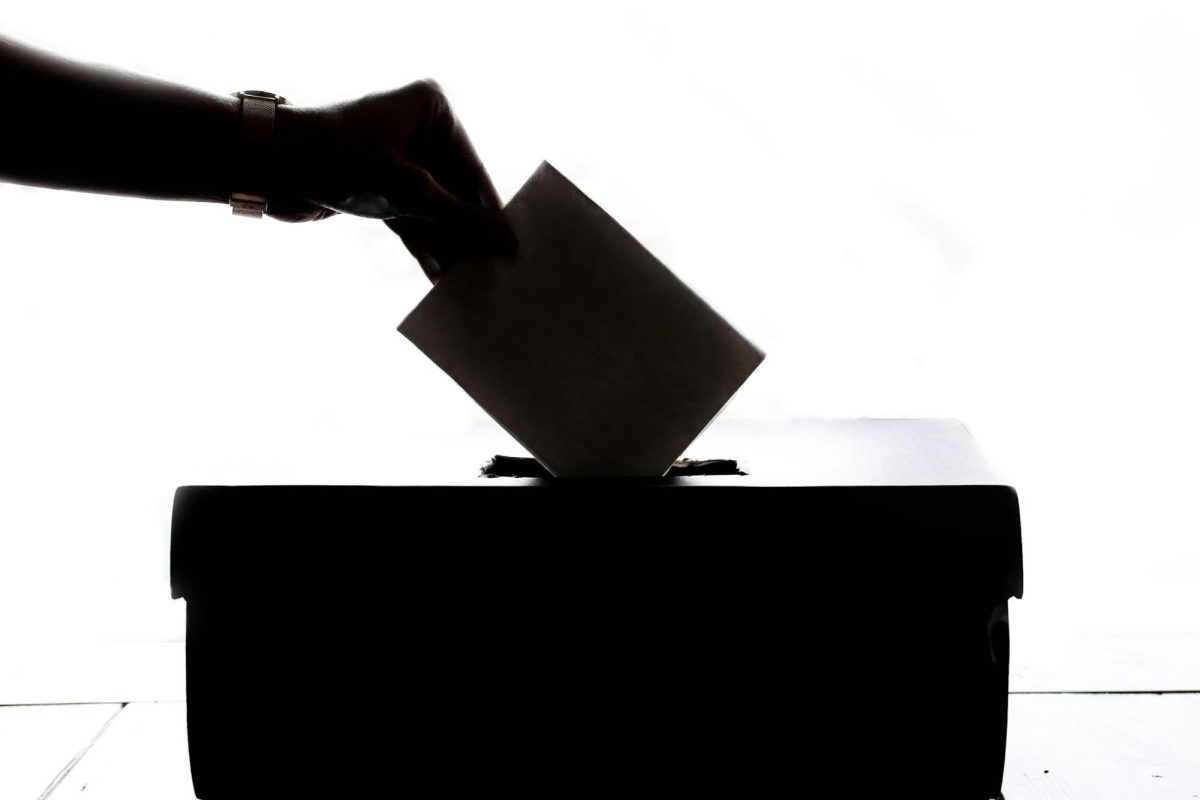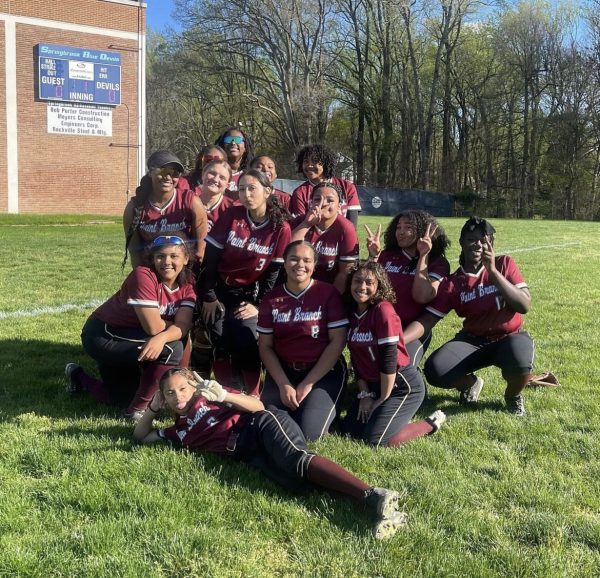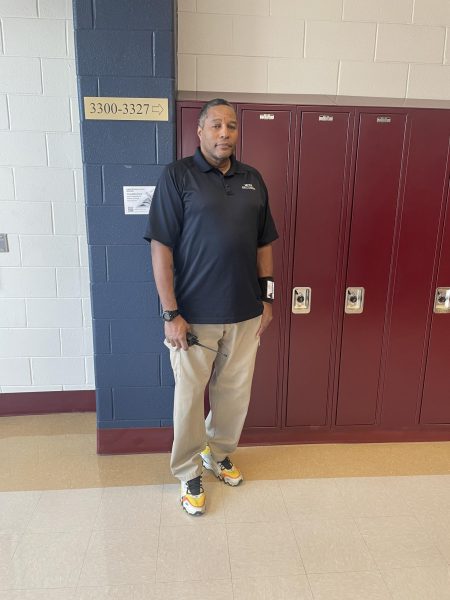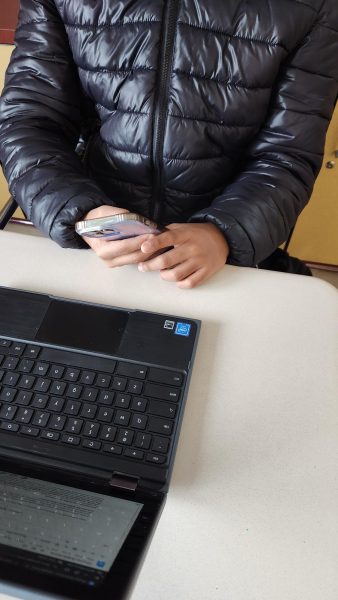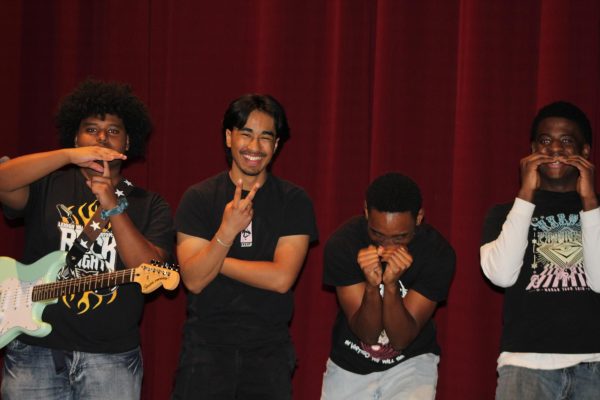Culture is More Than Just a Month
February 16, 2017
As February rolls on, we are reminded of the great feats and contributions of African-Americans in the United States as we celebrate Black History Month.
However, while the achievements and breakthroughs of African-Americans are celebrated, the nation still faces an ugly truth: Racism still exists.
In classrooms around the nation, students sit and learn about Rosa Parks, Martin Luther King Jr., Langston Hughes, and Frederick Douglass to name a few, but that seems to be all that students learn during this month. It seems that the only thing African-Americans have done in America is to have been slaves and had a Civil Rights Movement. African-Americans were people with great minds and inventions that were never given the chance to shine as much as their white counterparts. We learn of Thomas Edison inventing the lightbulb, but not African-American inventor Lewis Latimer who created the light bulb filaments which made light bulbs far more efficient and affordable.eIt is time for America to understand that African-American history is American history. America was built on the sweat, the struggles, and the free servitude of African-Americans, yet the nation’s school children to do not learn much of their background, their stories, their achievements.
On December 25th, Hollywood gave us Hidden Figures, a movie that told the story of three African-American women working at NASA in (year(s)), who served as the brains of the operation to send astronaut John Glenn into orbit, restoring the nation’s confidence and turning around the Space Race.
While this film is wonderful and an inspiration, it begs the question: Why have I never learned about this in school? The school system focuses on specific people and moments in Black History, but seems to leave out the achievements of multiple other African-Americans,Asian-Americans, and Hispanic-Americans. The fact that I never once in my thirteen years of schooling heard about this amazing achievement by women, much less African-American women, is disappointing and an eye-opener to how little we truly know about the advancements and achievements by minorities.
Teaching Tolerance, a project of the Southern Poverty Law Center, in 2014 graded all 50 states and the District of Columbia on how well their public schools taught the civil-rights era to students. Twenty states received a failing grade, and in five states—Alaska, Iowa, Maine, Oregon, and Wyoming—civil-rights education was totally absent from state standards. When confronted with statistics like this, the only option is to fix them.
As a nation, we must come together to expand the knowledge of African-American history and the diversity, in content, of what is taught in schools. It isn’t fair to learn about the Cold War, but not learn of the amazing African-Americans who helped edge America forward in the space race. African American history is American history. As soon as the first African slave landed on American soil, our histories intertwined. It is a history that needs to be taught properly, not just in February, but year-round. As we learn of the history and achievements of white men and women in America, we should learn of the history and achievements of African-Americans, Hispanic-Americans, Asian-Americans, and all the other minorities. If they’re going to be underrepresented in all other aspects, we might as well represent them in our education.

